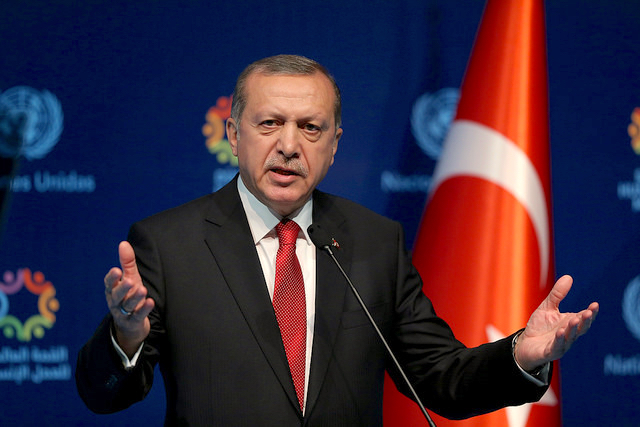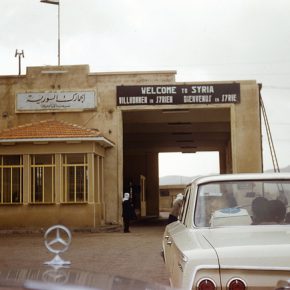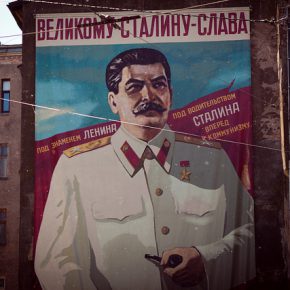Among Turkish media commentators and academics, we are observing an increasing tendency to question Erdoğan’s policy of reorienting Turkey away from the West towards positions and a vernacular that appeal to the “Islamic street.”
Riza Turmen, a former European Court of Human Rights judge and respected columnist, wrote in Milliyet that Turkey’s allies are beginning to perceive its divergence from Western policy positions and institutions. He attributes this divergence to a foreign policy populism that seeks to draw energy from religious emotion.
Turmen warns that a foreign policy based on emotion, rather than sober calculation of national self-interest, risks introducing inconsistencies into Turkey’s positions that will quickly reduce its influence on the international stage.
President Gul ‘s recent admonition to Iran that it be fully transparent to the IAEA and senior Turkish bureaucrats ‘privately expressed regret over the shabby treatment of the Israeli ambassador during a recent tour of northeastern Turkey may be part of gathering reaction to the excessive influence of populism on recent Turkish foreign policy formulation.
Does Turkey want to play the role of genuine policy implementer in global politics or does it want to play the role of representatives of Islamic culture? Here lies the basic thrust of assessments of Turkish foreign policy. Turkish foreign policy has recently been very active. However, upon closer observation, ideological reasons for this activity become apparent.
Turkish foreign policy has new energy, but, as long as the source of such energy is religious belief, one wonders how consistent its consequences can be. Consistency is, after all, the yardstick for success in foreign policy.
Turkey is critical of Israel on moral grounds because of its actions in Gaza. Turkey is correct in making
these criticisms. But you do not see Turkey taking the same stance towards Sudan for its crimes against humanity in Darfur? The government is a major supporter of Sudan, let alone condemning it.
The incidents in China where Uighurs have been killed have been described by the government as “genocide.”
Meanwhile, Turkey has been trying to explain to the world why the events of 1915 should not be defined as genocide. One should not use the term “genocide” lightly.
A State Outside the Western Alliance
There is no visible change in Turkey’s relations with the West.
But, the problem is Turkey doesn’t behave like a member of the Western alliance. Other then talking with the US about security issues, Turkey doesn’t have a foreign policy dialogue with Western countries. Islamic sensitivity in Turkey exceeds its former regard for the Western democracies. This attitude doesn’t make Turkey more independent; it only estranges Turkey from the Western alliance.
Combined with the mistakes the West makes concerning Turkey, this creates a vicious circle, which affects Turkey’s ties to the West. Turkey will gradually slip away from the West. It will be wrong to consider foreign policy independent from domestic policy.
In an environment where the majority doesn’t want Jewish or Christian neighbors, it is not surprising to see the priorities of Turkish foreign policy slipping towards the Islamic states. During the AKP administration, there has been a transformation of Turkey’s foreign policy that tracks the public opinion.
Turkey is witnessing the heartbreaking results of a regime that turns a blind eye to slavery. One day we hear reports from the east of children who are forced into temporary agricultural work and, as a result, who die in traffic accidents while they commute to these jobs.
The next day, we hear news of female workers being burned to death while they work in illegal businesses in Istanbul. While everyone rightly screams with each martyr’s death, why are officials not taking precautions to
prevent forced labor?
These slaves are uninsured, overworked, poorly paid, intimidated, injured, and sometimes even blown into
pieces. Which NGO, reporter or politician is drawing attention to this issue? I don’t know who will care, but those people who were burned alive, blown into pieces or crushed under debris yesterday in Istanbul were the children of this country. They lost their lives because of sheer negligence.
What kind of Turkey do we want to see? A secular, democratic and modern Turkey, integrated with the West or a Middle Eastern state where public life is organized according to authoritarian religious rules and everything depends on what the leader says? It is necessary to make a choice. I wonder if the choice has already been made.
Adapted from US diplomatic translations of Turkish media. Photograph courtesy of the World Humanitarian Summit. Published under a Creative Commons license.





